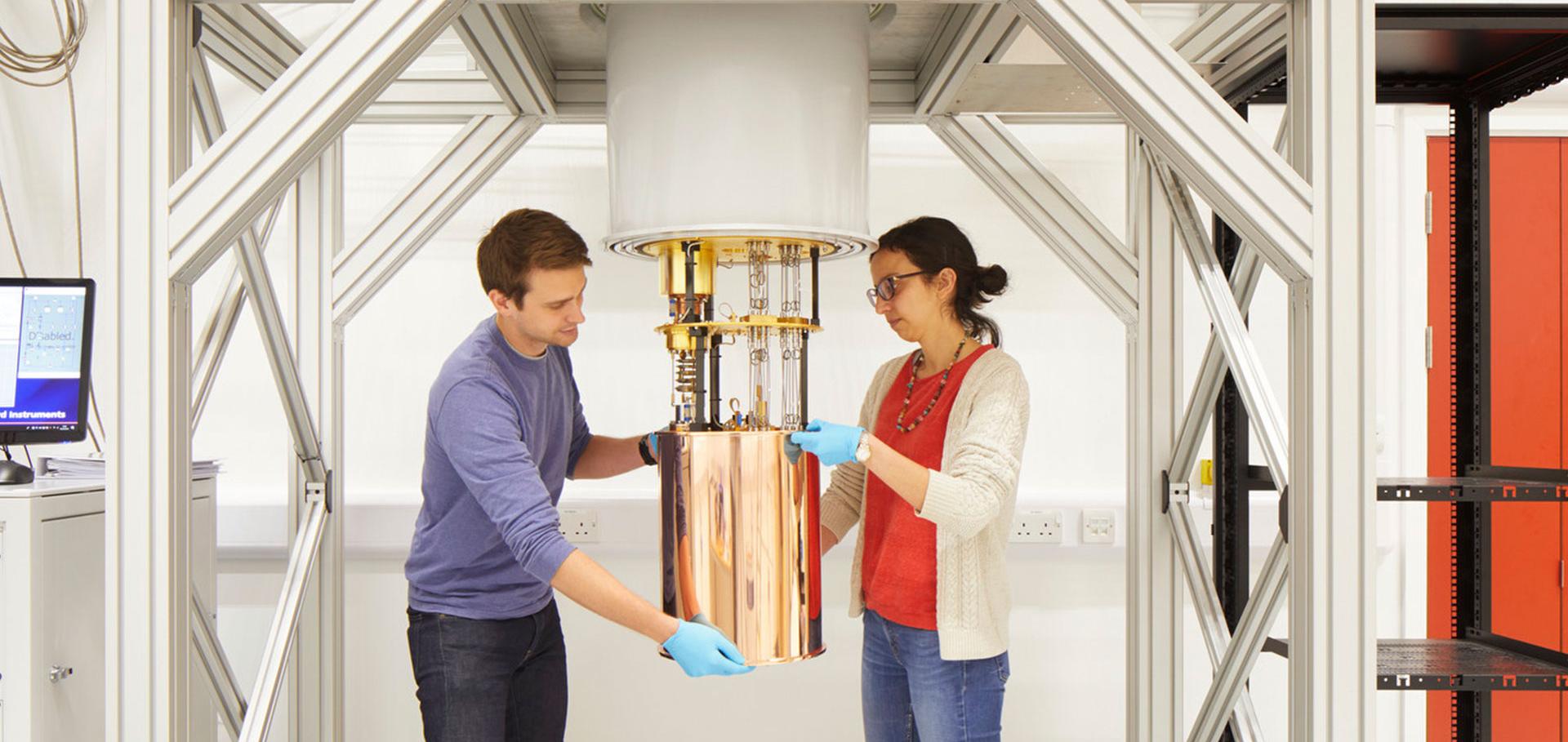Functional complementation and genetic deletion studies of KirBac channels: activatory mutations highlight gating-sensitive domains.
J Biol Chem 285:52 (2010) 40754-40761
Abstract:
The superfamily of prokaryotic inwardly rectifying (KirBac) potassium channels is homologous to mammalian Kir channels. However, relatively little is known about their regulation or about their physiological role in vivo. In this study, we have used random mutagenesis and genetic complementation in K(+)-auxotrophic Escherichia coli and Saccharomyces cerevisiae to identify activatory mutations in a range of different KirBac channels. We also show that the KirBac6.1 gene (slr5078) is necessary for normal growth of the cyanobacterium Synechocystis PCC6803. Functional analysis and molecular dynamics simulations of selected activatory mutations identified regions within the slide helix, transmembrane helices, and C terminus that function as important regulators of KirBac channel activity, as well as a region close to the selectivity filter of KirBac3.1 that may have an effect on gating. In particular, the mutations identified in TM2 favor a model of KirBac channel gating in which opening of the pore at the helix-bundle crossing plays a far more important role than has recently been proposed.Functional Complementation and Genetic Deletion Studies of KirBac Channels
Journal of Biological Chemistry Elsevier BV 285:52 (2010) 40754-40761
Ion mobility mass spectrometry of two tetrameric membrane protein complexes reveals compact structures and differences in stability and packing.
J Am Chem Soc 132:44 (2010) 15468-15470
Abstract:
Here we examined the gas-phase structures of two tetrameric membrane protein complexes by ion mobility mass spectrometry. The collision cross sections measured for the ion channel are in accord with a compact configuration of subunits, suggesting that the native-like structure can be preserved under the harsh activation conditions required to release it from the detergent micelle into the gas phase. We also found that the quaternary structure of the transporter, which has fewer transmembrane subunits than the ion channel, is less stable once stripped of detergents and bulk water. These results highlight the potential of ion mobility mass spectrometry for characterizing the overall topologies of membrane protein complexes and the structural changes associated with nucleotide, lipid, and drug binding.A dominant-negative mutation in the TRESK potassium channel is linked to familial migraine with aura.
Nat Med 16:10 (2010) 1157-1160
Abstract:
Migraine with aura is a common, debilitating, recurrent headache disorder associated with transient and reversible focal neurological symptoms. A role has been suggested for the two-pore domain (K2P) potassium channel, TWIK-related spinal cord potassium channel (TRESK, encoded by KCNK18), in pain pathways and general anaesthesia. We therefore examined whether TRESK is involved in migraine by screening the KCNK18 gene in subjects diagnosed with migraine. Here we report a frameshift mutation, F139WfsX24, which segregates perfectly with typical migraine with aura in a large pedigree. We also identified prominent TRESK expression in migraine-salient areas such as the trigeminal ganglion. Functional characterization of this mutation demonstrates that it causes a complete loss of TRESK function and that the mutant subunit suppresses wild-type channel function through a dominant-negative effect, thus explaining the dominant penetrance of this allele. These results therefore support a role for TRESK in the pathogenesis of typical migraine with aura and further support the role of this channel as a potential therapeutic target.Random mutagenesis screening indicates the absence of a separate H+-sensor in the pH-sensitive Kir channels
CHANNELS LANDES BIOSCIENCE 4:5 (2010) 390-397


